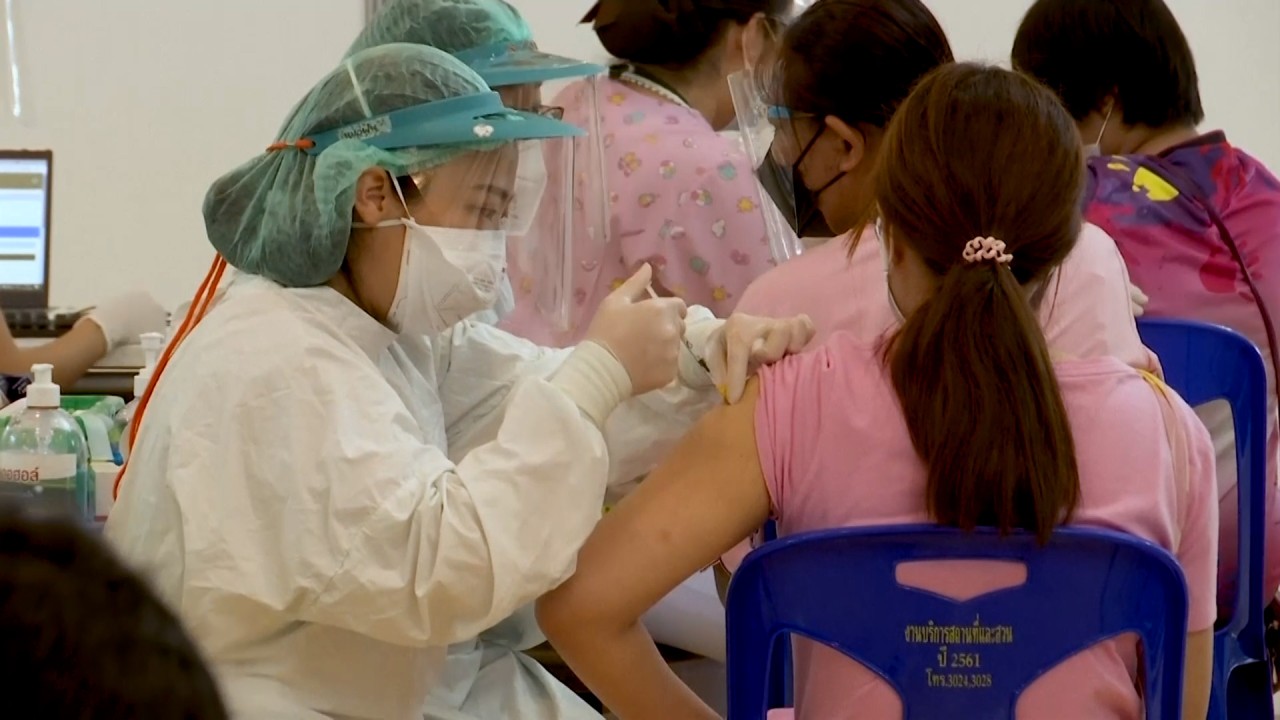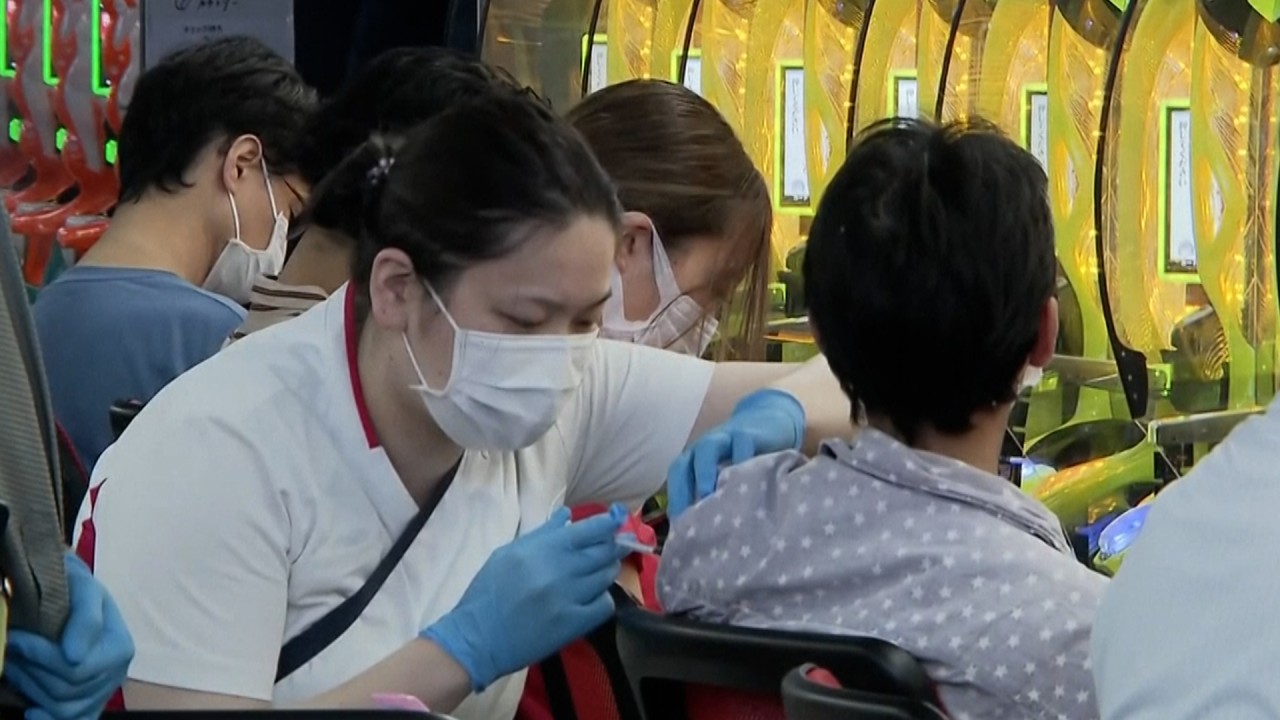
Covid-19’s impact on Asian children should give countries hoarding vaccines pause
- Asia is waking up to the pandemic’s silent and devastating impact on children and young people as the Delta variant smashes the myth of children’s immunity
- Lengthy lockdowns, closed schools and deaths in the family are also straining young people’s mental health even as wealthy countries corner the lion’s share of vaccines
Vaccinations are gathering speed in many parts of Asia for adults who can get their hands on doses. Jabs are under way for teenagers in some countries. But this pandemic is having a silent and devastating impact on children.
Imagine what that’s like for a child, living with the trauma of losing a parent to this disease.
This virus does not discriminate. Yet the pandemic is having an unequal impact on people who can’t access vaccines because richer countries have taken the lion’s share. It’s affecting children whose parents can’t afford to stay at home so the virus is brought in through the front door.
In Asia, both infections and deaths are higher than most could have imagined possible when the disease first broke out. Around 54 million people have been infected. Many have been hospitalised with serious and long-lasting health effects. Total lives lost from Covid-19 across Asian countries are creeping towards 1 million.
Initially, it was critical to focus on protecting older people, but as Covid-19 threatens further waves of misery across Asia, we must look after both young and old in the race to contain this pandemic of a century.
Amid low vaccination rates, this year’s tragic Covid-19 surge across Asia left children exposed in crowded homes, while enduring lengthy lockdowns and online schooling.
Children are remarkably resilient and can bounce back after disasters. Yet the immense strain on the mental health of young people caused by the pandemic must not be underestimated.
The evidence also suggests that children who had prior mental health disorders were at increased risk of pandemic-related mental health trauma.
Young adults have also been hit hard by this crisis. We also need to focus more on supporting teenagers and young people through this pandemic.
Give Asian youth a voice to decide their post-pandemic future
Vaccinations appear to offer millions of people in Asia a bright light at the end of this long, dark Covid-19 tunnel. But some countries are still languishing because they just can’t get enough doses, and this is placing more children in peril.
Indonesia and Vietnam still have less than 25 per cent of the population fully vaccinated whereas Bangladesh has just 11 per cent and Myanmar 8 per cent, according to Oxford University’s Our World in Data.
Richer countries have bought enough doses to vaccinate their populations, and many are now administering booster jabs, while people in Asia are still at risk of dying from a lack of vaccine access. Children are suffering in this pandemic and we are only just starting to realise how much.
Dr Abhishek Rimal is Asia Pacific emergency health coordinator with the International Federation of Red Cross and Red Crescent Societies





